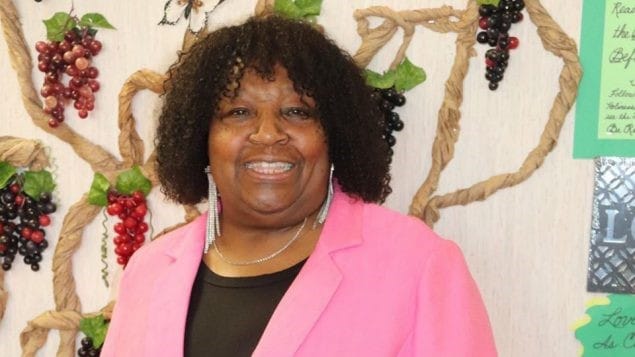At a glance
Lessie Williams received the first REACH Lark Galloway-Gilliam Award for Advancing Health Equity Challenge in 2020. REACH is CDC's Racial and Ethnic Approaches to Community Health program.

Lessie Williams
For 20 years, Lessie Williams worked for Highland Haven in Portland, Oregon. For 5 years, she was the nonprofit organization's executive director. Highland Haven partnered with the Multnomah County Health Department, a REACH recipient.
During her time as a REACH partner, Ms Williams:
- Created youth violence prevention programs.
- Expanded access to culturally relevant mental health services.
- Launched education programs to promote healthy behaviors such as healthy eating, physical activity, and tobacco cessation.
Before joining Highland Haven, Ms. Williams and two others formed a church committee in 2000. The committee's goals were to give back to the community, build credibility within the community, and empower young people and families to become healthy adults.
Ms. Williams' committee initially ran into obstacles gaining participation and funding. But the team kept looking for resources. They partnered with Multnomah County Health Department's REACH program and focused on building the community one person at a time.
Assembling a network to advance health equity
The REACH program provided Ms. Williams' team with tools to learn about their community assets and what changes they could implement. Together, they gathered information to guide their efforts and planned events relevant to the needs of the community, including:
- Breastfeeding campaigns.
- Nutrition education.
- Smoking cessation events.
To achieve common goals, they also formed relationships with faith organizations, health coalitions for people who are African American, and local businesses. As a result, Ms. Williams has seen an increase in the number of churches or faith communities with dedicated wellness teams.
Highland Haven and REACH influenced the social norms of the community by implementing nutrition guidelines and culturally appropriate health signage. Conversations about health and nutrition are now common, and the community expects healthy food and water at events. Highland Haven, with support from REACH, plays a critical role in providing access to healthy foods. They also work to decrease the availability of unhealthy items such as sugar-sweetened beverages.
